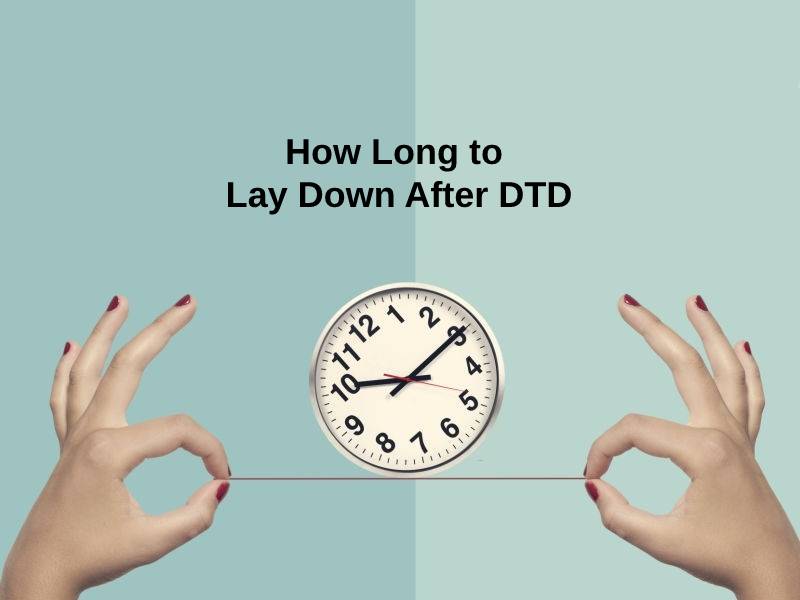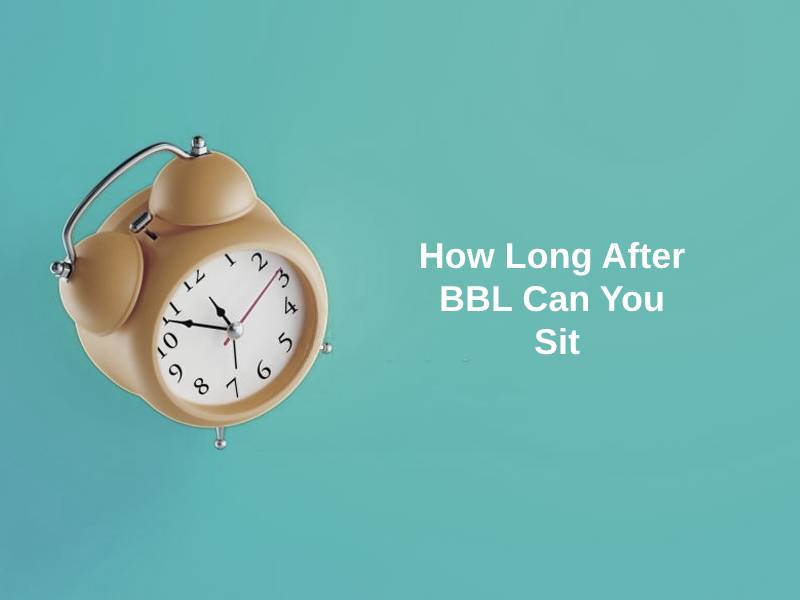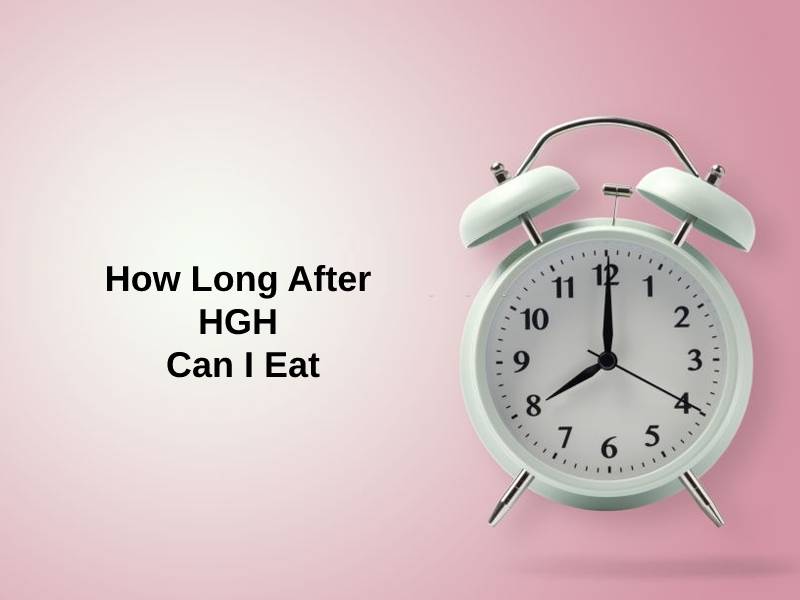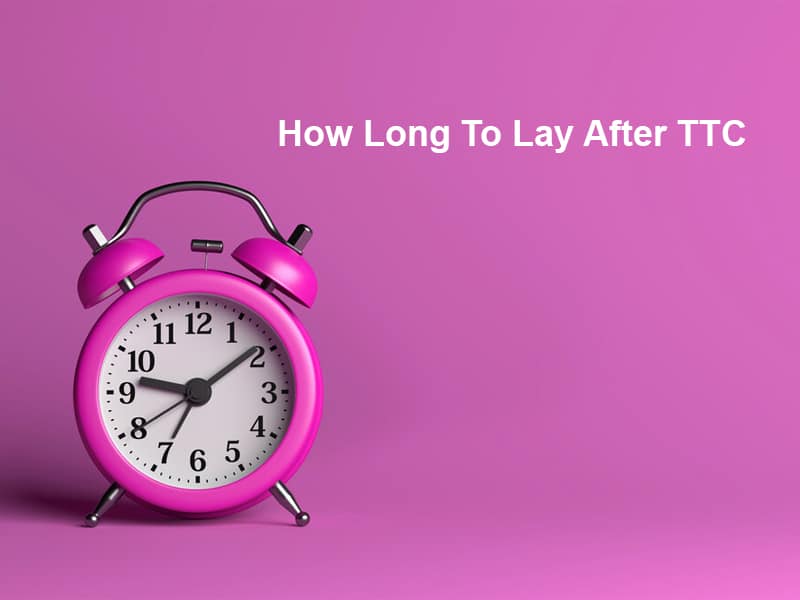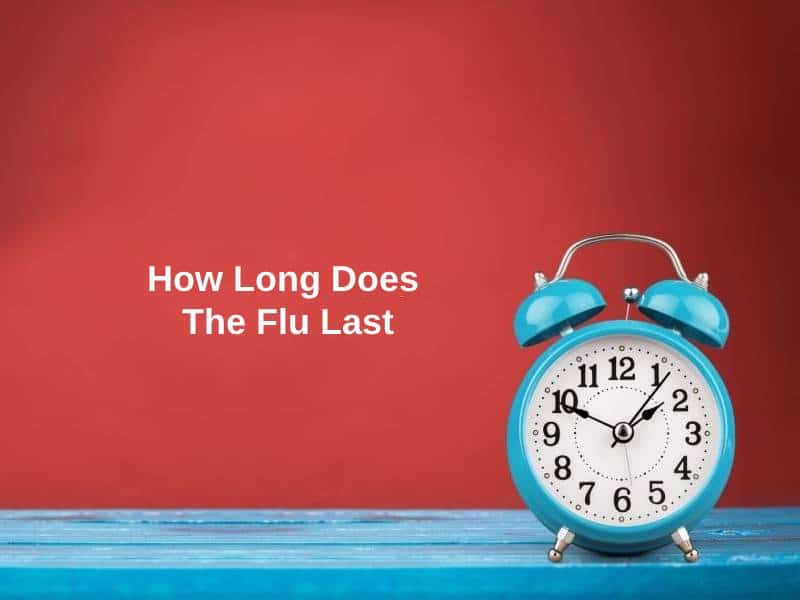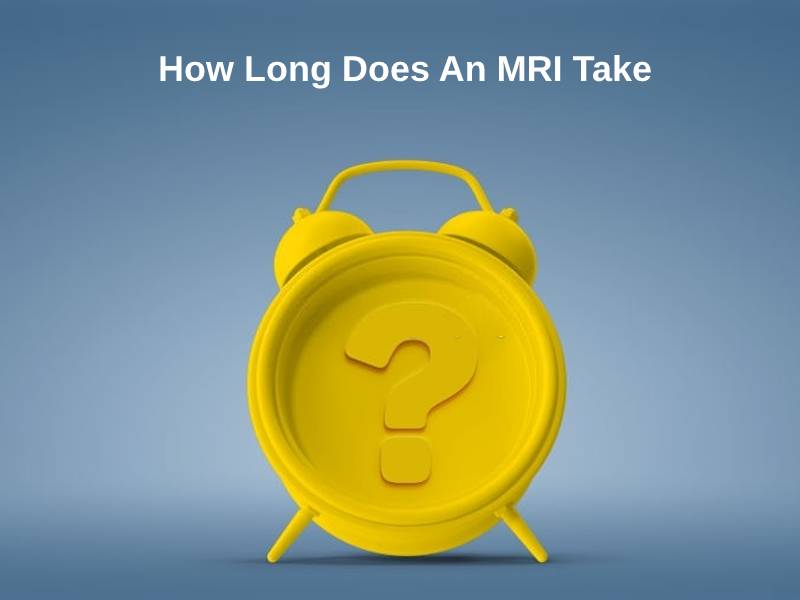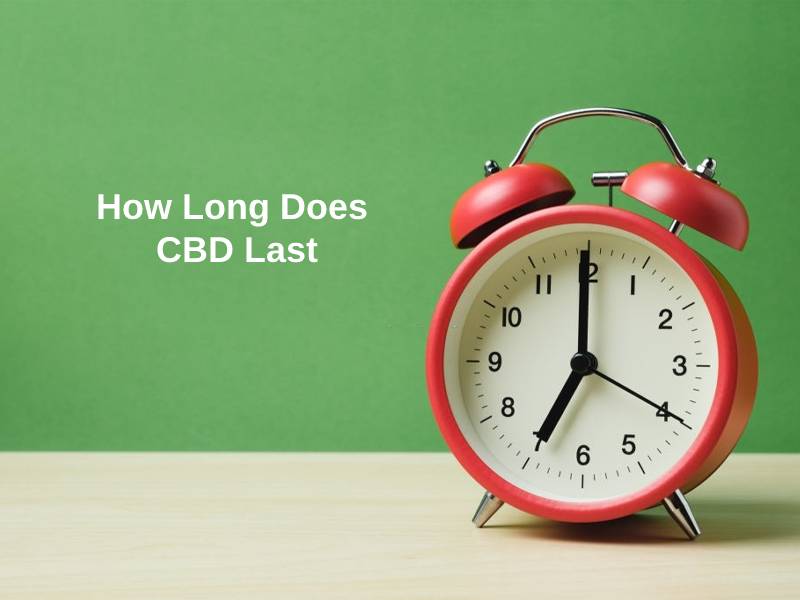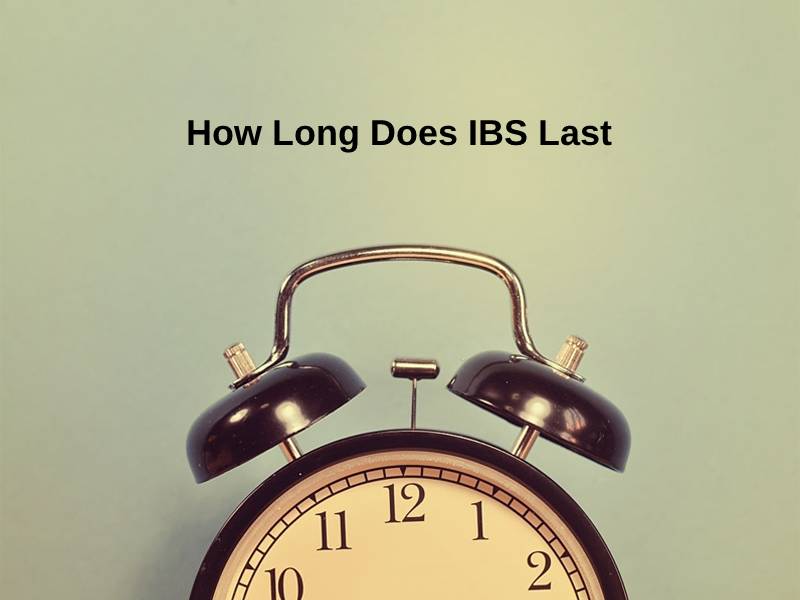Exact Answer: Two To Three Days
There are a lot of people who love going out to the beach to enjoy a sunny day. It feels relaxing to lay down on the beach and enjoy the warmth of the sun on the body. However, sometimes it can do more harm than good.
Often when people stay in the sun for a longer duration than required, it can cause them to get sunburns. If the sunburns are more than the average, then it is said to be sun poisoning. Even if a person applies sunscreen, having a sunburn or sun poisoning is utterly unavoidable.

How Long Does Sun Poisoning Last?
When the sunburn happens to an extreme limit, it is said to be the condition of sun poisoning.
People go out to the beach during this time only. More often, if a person is exposed to direct sunlight without any SPF for about 15 minutes, they get sunburn. If the time in the sun elongates, it can cause sun poisoning. Treating sun poisoning is not that difficult, but it can cause pain for more than two to three days.
Often sunburn or sun poisoning fades away on its own in about two to three days. In some cases, it might take a week. It depends on the skin of the person. If a person has sensitive skin, they are much more prone to getting a sunburn.
Sunburns are a natural process of the body. With people who have light skin, their skin darkens when they get a sunburn. It is the skin’s way to protect itself. Many symptoms can show if a person has got a sunburn. The symptoms include swelling, headaches, blisters, fever, dizziness, nausea, vomiting, and many more.
Sun poisoning can go away on its own, but it does not, then taking medical help is always the best idea. How long the sun poisoning stays completely differs from person to person. The main reason behind it is that every person has different skin and different hormones.
| Type of sun poisoning | The time it takes to fade |
| Polymorphous Light Eruption (PMLE) | Two to three days (Worst case – a week or maybe two) |
| Solar Urticaria | A couple of hours (Worst case – reactions can be felt on and off for years) |
Why Does The Sun Poisoning Last That Long?
Sun poisoning might sound very serious, but it is only the case of high levels of sunburns. It gets better on its own, but several treatments can also be tried to lower that discomfort.
Various reasons can determine how long sun poisoning can last, and they are as below:
- People who have sensitive skin can encounter more sun poisoning, and it will also last for a long time. It can also be possible because certain medications can increase the sensitivity level of the skin. Thus it makes the person more prone to getting sun poisoning.
- Another reason for prolonged sun poisoning can be pre-existing skin diseases like eczema etc.
- People who live in the warmer regions, closer to the equator, can also have high chances of getting sun poisoning.
- The reason for prolonged sun poisoning can also be due to the absence of sunscreen on the skin. It is necessary to apply sunscreen for a daily outing too. If a person is thinking to visit a beach for a few hours, it is even more imminent that they reapply for the sunscreen every two hours.
Conclusion
If a person sees their skin become more reddish than required, it may be a symptom of sun poisoning. In such a case, it is imminent to get medical help fast, so that the treatment can get administered.
It is a safe practice to apply compressors on the affected area to avoid the peeling of the skin. Although sun poisoning lasts only for a couple of days, it can still cause loads of pain and discomfort. To avoid going through all the hassles, one can apply sunscreen to all the areas that are exposed to direct sunlight. Knowing your skin type before stepping into the sun will also be helpful.







